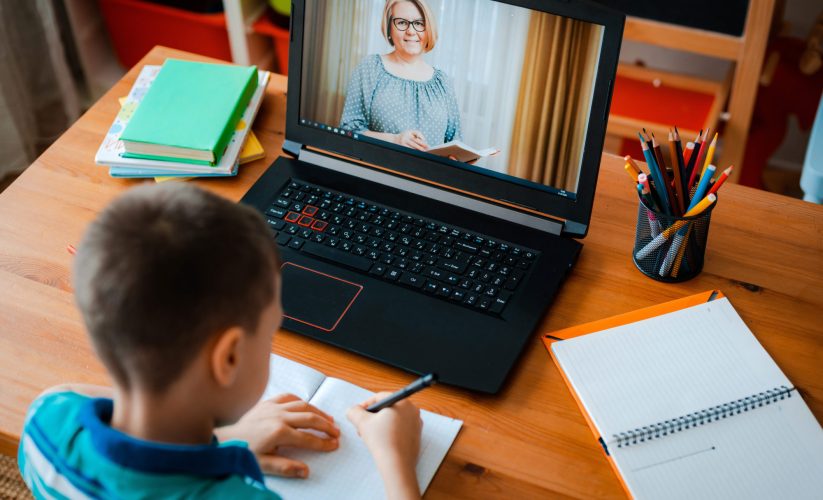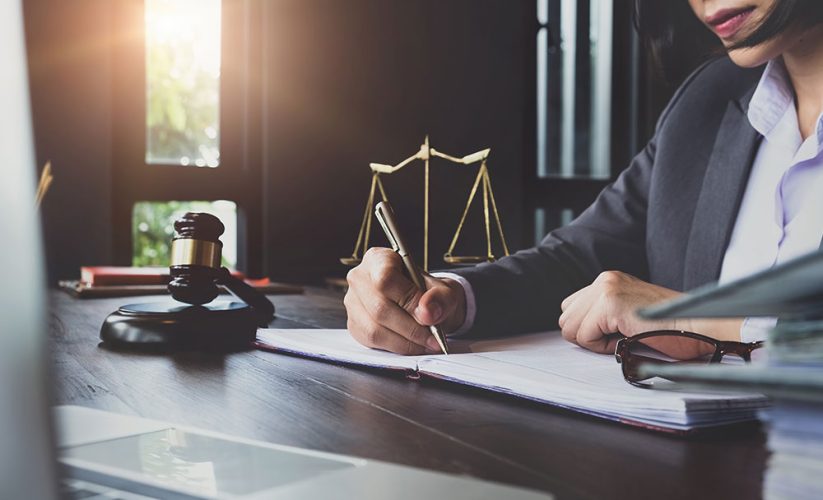
Transforming Education: The Role of Social WiFi Services in 2024
In today’s digital age, connectivity is king. From smart homes to smart cities, the internet has woven itself into the very fabric of our lives. Education is no exception. The way students learn, teachers teach, and institutions operate has seen a seismic shift, thanks in large part to the advent of Social WiFi Services. But what exactly are Social WiFi Services, and how are they transforming the educational landscape? Let’s dive in and find out.
What Are Social WiFi Services?
At its core, Social WiFi Services refer to wireless internet access provided through social platforms. Instead of traditional login methods, users can connect to WiFi by logging in through their social media accounts. This not only streamlines the connection process but also opens up a plethora of opportunities for engagement, data collection, and personalized experiences.
Why Education Needs Social WiFi Services
Education is evolving. Gone are the days when learning was confined to the four walls of a classroom. With the rise of e-learning, remote schooling, and hybrid models, robust and reliable internet connectivity has become essential. Social WiFi Services provide a seamless solution to keep students and educators connected, no matter where they are. One of the most significant benefits of Social WiFi Services in education is enhanced connectivity. Students and teachers can access educational resources, collaborate on projects, and communicate effortlessly.
Whether in a classroom, library, or campus café, Social WiFi ensures uninterrupted internet access, making learning more flexible and accessible. Social WiFi Services are more than just a way to connect to the internet. They foster collaboration and engagement among students. By integrating social media logins, these services create a sense of community and encourage interaction. Students can easily share resources, participate in group discussions, and work on collaborative projects, enhancing their learning experience.
Personalized Learning Experiences
Social WiFi Services enable personalized learning experiences by leveraging data collected through social media logins. Educators can gain insights into students’ preferences, learning styles, and areas of interest. This data-driven approach allows for tailored educational content and strategies, ensuring that each student gets the support they need to succeed. Security and privacy are paramount in educational institutions.
Social WiFi Services offer robust security features to protect sensitive information. By using social media logins, these services can implement additional layers of authentication and encryption, safeguarding students’ data and ensuring a secure online environment. Social WiFi Services are already making waves in educational institutions around the world. Universities and schools are leveraging this technology to enhance their digital infrastructure, improve student engagement, and streamline administrative processes. From digital libraries to online examinations, the applications are vast and varied.
Case Studies: Success Stories
Harvard has implemented Social WiFi Services across its campus, providing students with seamless internet access. The university has seen a significant increase in online collaboration and resource sharing, contributing to a more connected and engaged student body. LSE uses Social WiFi Services to collect data on students’ internet usage patterns. This data is used to personalize learning experiences and provide targeted support, resulting in improved academic performance.
The Future of Social WiFi in Education
The future of education is digital, and Social WiFi Services are set to play a crucial role in this transformation. As technology continues to evolve, we can expect even more innovative applications and benefits. From virtual reality classrooms to AI-driven learning platforms, Social WiFi will be at the heart of the educational revolution. While Social WiFi Services offer numerous benefits, they also come with their own set of challenges. Issues such as data privacy, network security, and digital divide need to be addressed to ensure equitable access and safe usage. Educational institutions must work closely with technology providers to develop robust policies and practices.
Implementing Social WiFi Services: Best Practices
Understand the specific needs of your institution and students to tailor the service accordingly. Implement strong security measures to protect sensitive data and ensure compliance with privacy regulations. Educate students and staff on safe and responsible internet usage to maximize the benefits of Social WiFi Services. Continuously monitor the performance of the service and gather feedback to make necessary improvements.
Conclusion: Embracing the Future of Education
Social WiFi Services are not just a technological innovation; they are a catalyst for change in the educational landscape. By enhancing connectivity, fostering collaboration, and personalizing learning experiences, these services are helping to create a more inclusive, engaging, and effective educational environment. As we move forward, embracing these technologies will be crucial in shaping the future of education. So, whether you’re a student, educator, or administrator, it’s time to connect, collaborate, and innovate with Social WiFi Services. The future of education is here, and it’s more exciting than ever!





